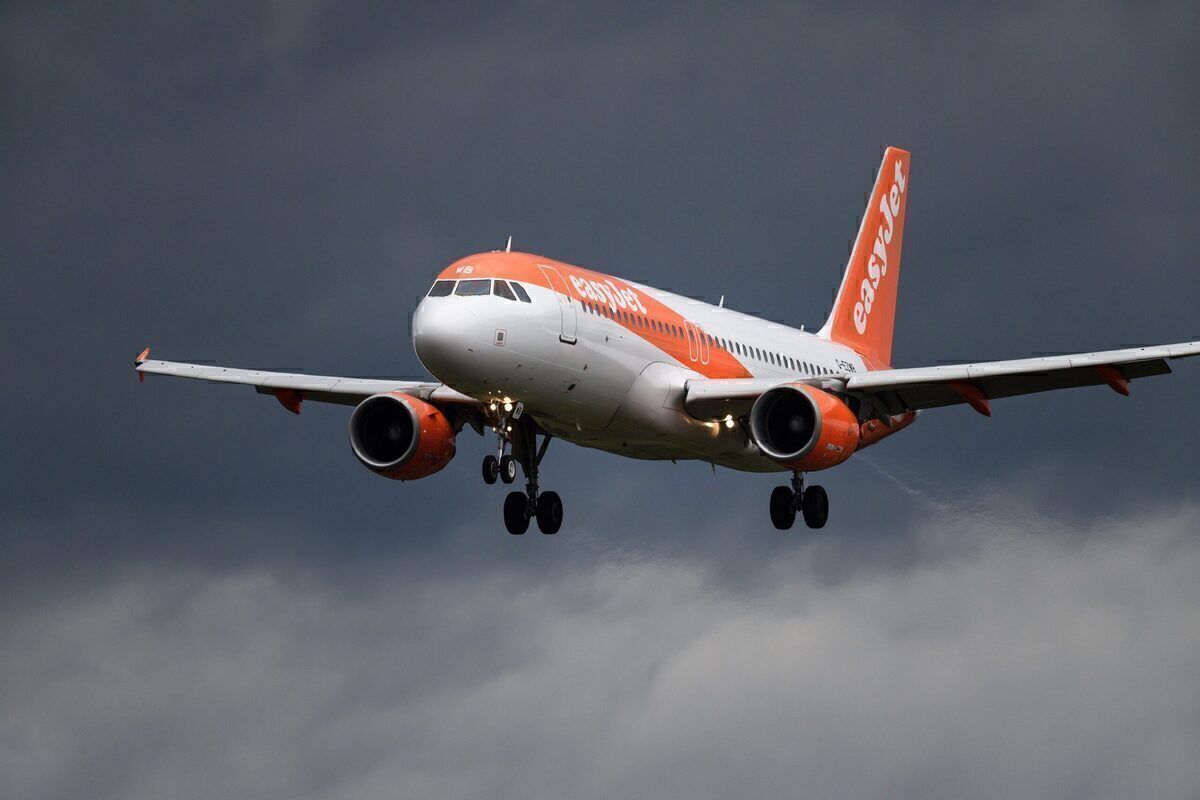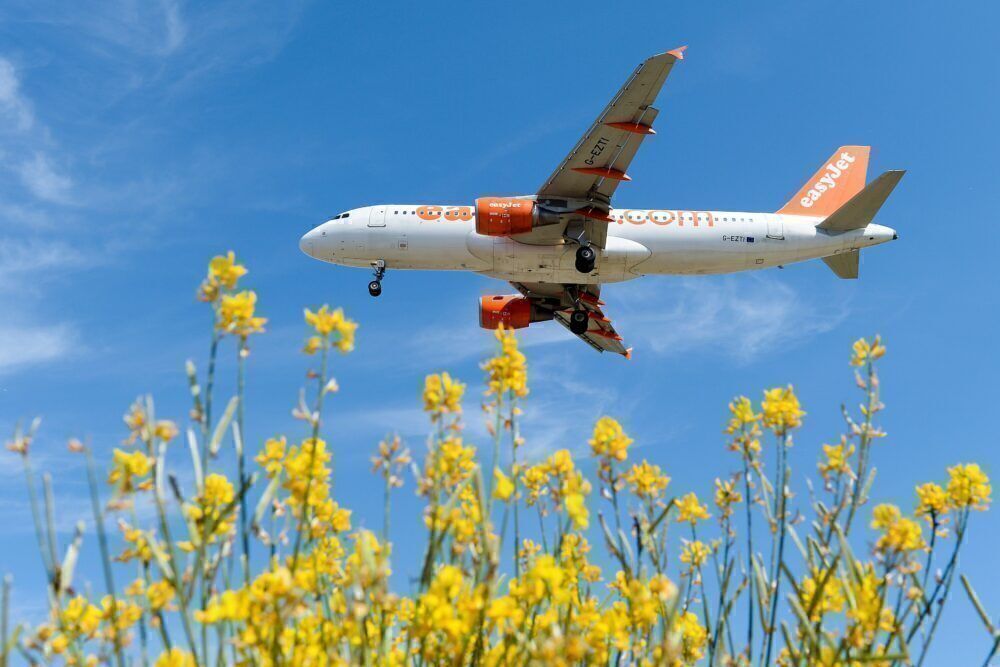easyJet on Thursday renewed its requests that much of Europe, including popular holiday destinations such as Portugal, Spain, and Greece, be put on the UK’s upcoming list of ‘green’ countries for international travel. Armed with science fresh out of Yale, the airline says hospitalizations would rise very little due to the ‘game changing’ vaccine rollout across the UK.
Little impact on hospitalizations, CEO says
Budget carrier easyJet has seen its traffic decimated by severe travel restrictions from the UK government, operating at only 14% of capacity during the first quarter of the year. The airline has now released a statement citing research from the Yale School of Public Health to request that most of Europe be placed on the country’s ‘green’ list.
“We can show through this research that as of 12 April the UK Government should be able to place much of Europe in the low-risk green tier because travel from several countries would not affect the UK case rate but most importantly it would have very little impact on hospitalizations in the UK,” Johan Lundgren, easyJet’s CEO said in a statement.
Adding that this was due to the successful rollout of vaccinations in the UK, which had broken the link between cases and hospitalization, Mr Lundgren continued,
“The Government urgently needs to publish both the parameters for each tier and the country list so consumers get some much-needed clarity on where they can travel. And in the meantime, it must do all possible to drive down the cost of testing while reviewing the need for these restrictions.”
Green, amber, or red - the UK ‘traffic light’
The UK is gearing up to allow non-essential international travel once more. Currently, anyone who travels outside of its borders for a non-permitted reason is subject to a hefty £5,000 fine. According to the government’s plan, which the PM is still hopeful will take place, broader international travel will reopen on May 17th.
Destinations will fall into one out of three categories according to a ‘traffic light’ sequence - green, amber, or red. Green means that passengers will not need to quarantine upon return but must still take two PCR tests - one prior to departure and one when arriving back in the UK.
Travelers from amber countries must take one pre-departure test and two (on days two and eight) while in a ten-day quarantine. They may also pay for a private test on day five under the test-and-release scheme. Arrivals from red countries will also be subject to all the tests and a ten-day hotel quarantine, the same conditions currently in place for red list locations.
The UK government has promised to set out which countries will fall under which category by early May.
Stay informed: Sign up for our daily and weekly aviation news digests.
Three-day quarantines and rapid tests enough to prevent spread
easyJet is citing the results of one of the first in-depth studies of quarantine and testing regimes for international travel done by researchers at the Yale School of Public Health. Analysis of the research, where quarantines are currently justified, they could be as short as two to three days.
Furthermore, the research shows that rapid antigen testing on entry and exit to quarantine is as effective as a single, more expensive PCR test for preventing further transmission. Dr Jeffrey Townsend, the co-author of the study along with his colleague Dr Alison Galvani, commented,
“Travel quarantines have been a cornerstone of efforts to prevent infectious disease prevention since the fourteenth century. We've determined that appropriate, shorter quarantines and judicious testing can facilitate travel, in cases where they are needed to prevent unsafe levels of transmission.”
The research looked at the effectiveness of quarantine and testing along with vaccination rates to assess the impact of travel and quarantines on hospitalization rates. The study is yet to be published and peer-reviewed.
What do you think is a reasonable length of time to quarantine? How many tests are you prepared to take to go on holiday abroad? Let us know in the comments below.



